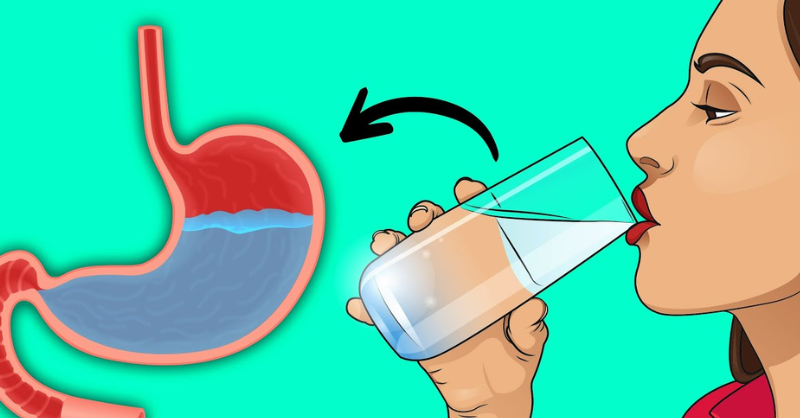
Ginger is often praised for its health benefits, from soothing nausea to adding flavor to meals.
Many of us enjoy it in teas or cooking, especially when we’re feeling unwell. But despite its natural reputation, there are certain health conditions where ginger may do more harm than good. Knowing when to use caution can make all the difference.
Key Points to Remember
Ginger works as a natural blood thinner, which can be dangerous for people with bleeding disorders or those on medications like aspirin and warfarin.
It may lower blood sugar levels unexpectedly, posing risks for diabetics.
By stimulating bile production, ginger can worsen gallbladder problems such as gallstones.
Its effect on circulation and heart rate means those with heart conditions should be cautious.
Before surgery, ginger should be avoided because of its impact on blood clotting.

Bleeding Disorders
The compounds in ginger have antiplatelet and anticoagulant effects, which interfere with normal blood clotting. For people with hemophilia or other bleeding disorders, this can lead to prolonged or excessive bleeding. Doctors advise anyone with these conditions—or those taking blood thinners like aspirin, clopidogrel, or warfarin—to check with their healthcare provider before consuming ginger.
Diabetes
For diabetics, ginger can cause unexpected drops in blood sugar, leading to dizziness, weakness, or fainting. Since it also stimulates digestive enzymes, it can make blood sugar control more complicated. Anyone managing diabetes through medication or diet should consult a healthcare professional before adding large amounts of ginger to their diet.
Gallbladder Issues
While generally healthy, ginger stimulates bile flow, which can aggravate gallbladder problems and worsen pain in people with gallstones. Combined with its blood-thinning effects, this can increase the risk of complications. Alternatives such as chamomile or peppermint tea may be better options for those with gallbladder concerns.
Heart Conditions
Ginger boosts circulation, which may raise heart rate and put strain on those with cardiac conditions or hypertension. For people already on heart medications, its blood-thinning properties can amplify drug effects, raising the risk of bruising or internal bleeding. Medical guidance is essential before use.
Medication Interactions
Ginger can interact with a range of medications. For those on blood clot prevention drugs like warfarin or aspirin, even small amounts may heighten bleeding risks. It may also interfere with medicines for high blood pressure and diabetes, lowering blood pressure too much or causing sudden drops in glucose. This makes careful monitoring—and consultation with a doctor—crucial when combining ginger with prescribed treatment.

Other Health Concerns
Being underweight: Ginger can reduce appetite, which may make it harder for underweight individuals to gain weight.
Pregnancy: Though sometimes used for morning sickness, large amounts of ginger may raise miscarriage risk, particularly in the first trimester. Its blood-thinning effects also make it risky without medical supervision.
Low blood pressure: Active compounds in ginger can relax blood vessels and lower blood pressure further, leading to dizziness or fainting in those already prone to low readings.
Surgery: Doctors recommend avoiding ginger for at least a week before surgery. Its impact on clotting and blood sugar could interfere with anesthesia and increase surgical risks.
The Bottom Line
Ginger remains a powerful and beneficial herb for many people, but it isn’t risk-free. Its natural compounds can complicate serious conditions such as diabetes, heart disease, bleeding disorders, or pregnancy.
It can also interfere with common medications. The safest approach is moderation and open discussion with a healthcare provider before making ginger a regular part of your diet—especially if you have existing health issues or upcoming surgery.




